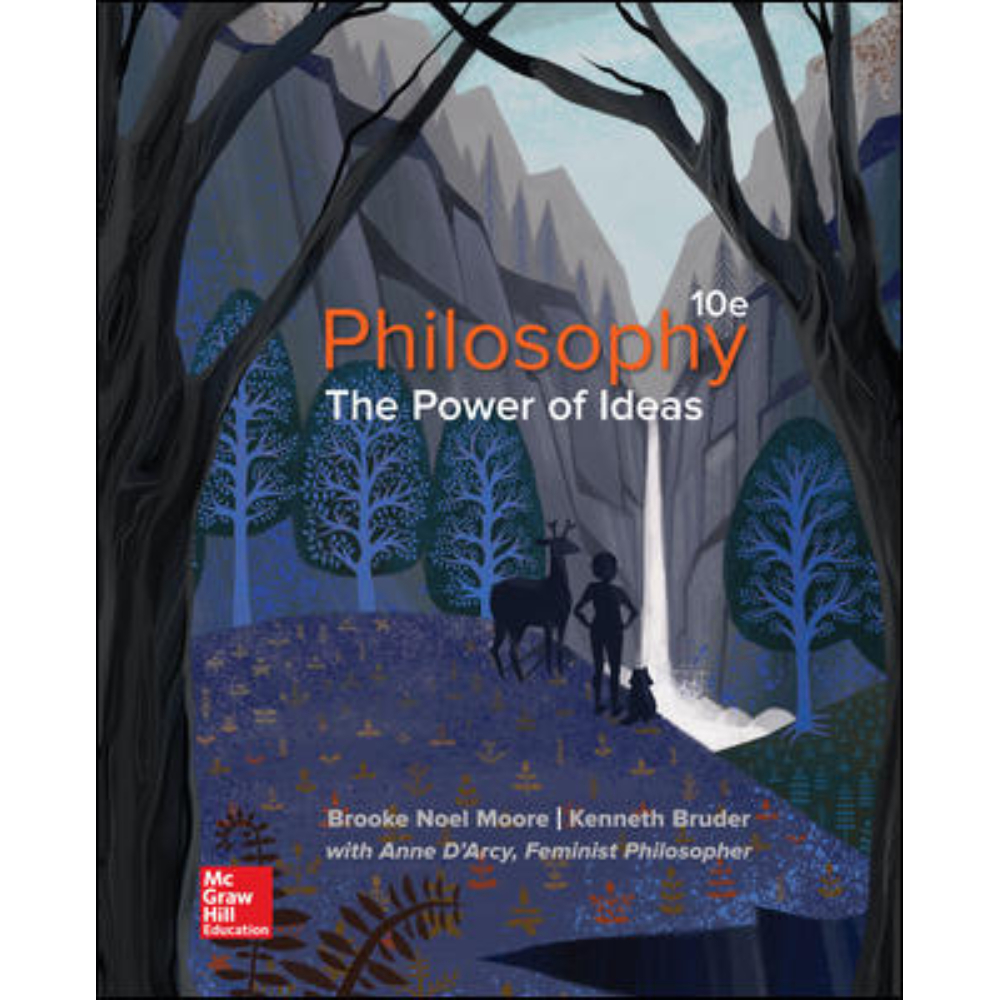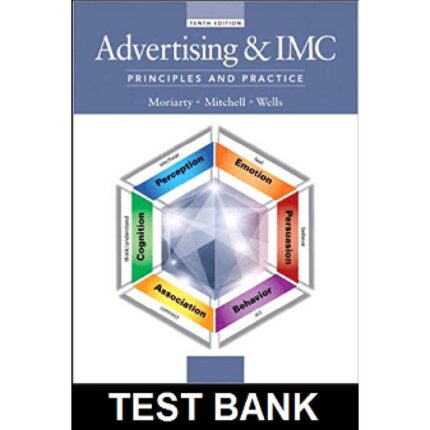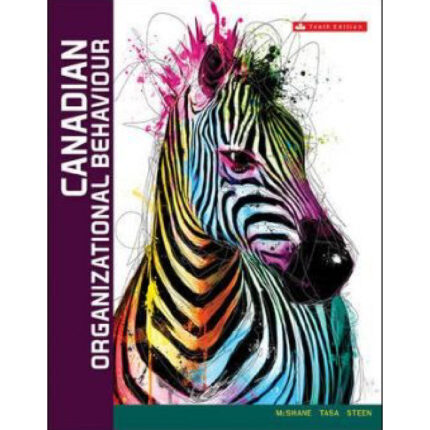Philosophy The Power Of Ideas 10th Edition By Brooke Noel – Test Bank
Chapter 11
Political Philosophy
Multiple Choice Questions
- What is the form of the ideal state according to Plato?
A.It is an absolute monarchy run by the most powerful for his or her own sake.
B. It is a direct, participatory democracy in which every citizen has an equal share in ruling.
C. It is an aristocracy ruled by an elite group of intellectually superior individuals.
D. Plato did not think that there is any single form that the ideal state must take.
Accessibility: Keyboard Navigation
- What is the form of the ideal state for Aristotle?
A.It is an absolute monarchy run by the most powerful for his or her own sake.
B. It is a direct, participatory democracy in which every citizen has an equal share in ruling.
C. It is an aristocracy ruled by an elite group of intellectually superior individuals.
D. Aristotle didn’t think there is any single form that the ideal state must take.
Accessibility: Keyboard Navigation
- According to St. Augustine and St. Thomas Aquinas, which of the following is true of natural law?
A.When there is a conflict between natural law and human law, human law takes precedence.
B. It is the eternal law of God as it applies to man on earth.
C. It is a mutual agreement between people, not between people on one hand and the state on the other.
D. It is the laws and statutes of society that are derived from man’s understanding of human law.
Accessibility: Keyboard Navigation
- _____ is the idea that the legitimacy of the state and the principles of sound justice derive their legitimacy from a societal agreement.
A.Eternal law
B. Communism
C. Contractualism
D. General will
Accessibility: Keyboard Navigation
- Which of the following best describes Locke’s governmental contract?
A.The people collectively give up their natural rights to a single sovereign power who is not a party to the agreement.
B. The people delegate or entrust their natural rights to a divided government, retaining the right to revolt if the government violates its trust.
C. The people collectively agree to let the most intelligent among them, the philosophers, rule them.
D. Locke wasn’t a contractarian theorist.
Accessibility: Keyboard Navigation
- According to Rousseau, which of the following determines what is right and wrong and should and should not be done?
A.the will of all
B. the general will
C. God’s will
D. natural law
Accessibility: Keyboard Navigation
- In which of the following was the power of the Supreme Court to declare laws unconstitutional established?
A.The Declaration of Independence
B. The original Constitution
C. The Bill of Rights
D. Marbury v. Madison
Accessibility: Keyboard Navigation
- Which of the following did Harriet Taylor support?
A.The toleration of nonconformist thought and lifestyles
B. The belief that virtually all differences between men and women are natural
C. The view that social and political reform concerning women should be limited to giving them the vote
D. The view that consequences don’t matter when it comes to determining the rightness or wrongness of our acts, rules, or institutions
Accessibility: Keyboard Navigation
- John Stuart Mill believed that:
A.one has God-given natural rights.
B. one should seek personal happiness.
C. one should seek general happiness.
D. one should seek happiness for others.
Accessibility: Keyboard Navigation
- Karl Marx viewed human history as the struggle between two classes. What are they?
A.a dominant class consisting of men and a subordinate class consisting of women and children
B. a dominant class that owns and controls the means of production and a subordinate class that doesn’t
C. a dominate class of white Europeans and a subordinate class of nonwhite non-Europeans
D. a dominant class of the priesthood and a subordinate class of the laity







Reviews
There are no reviews yet.